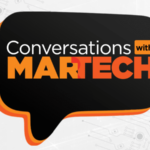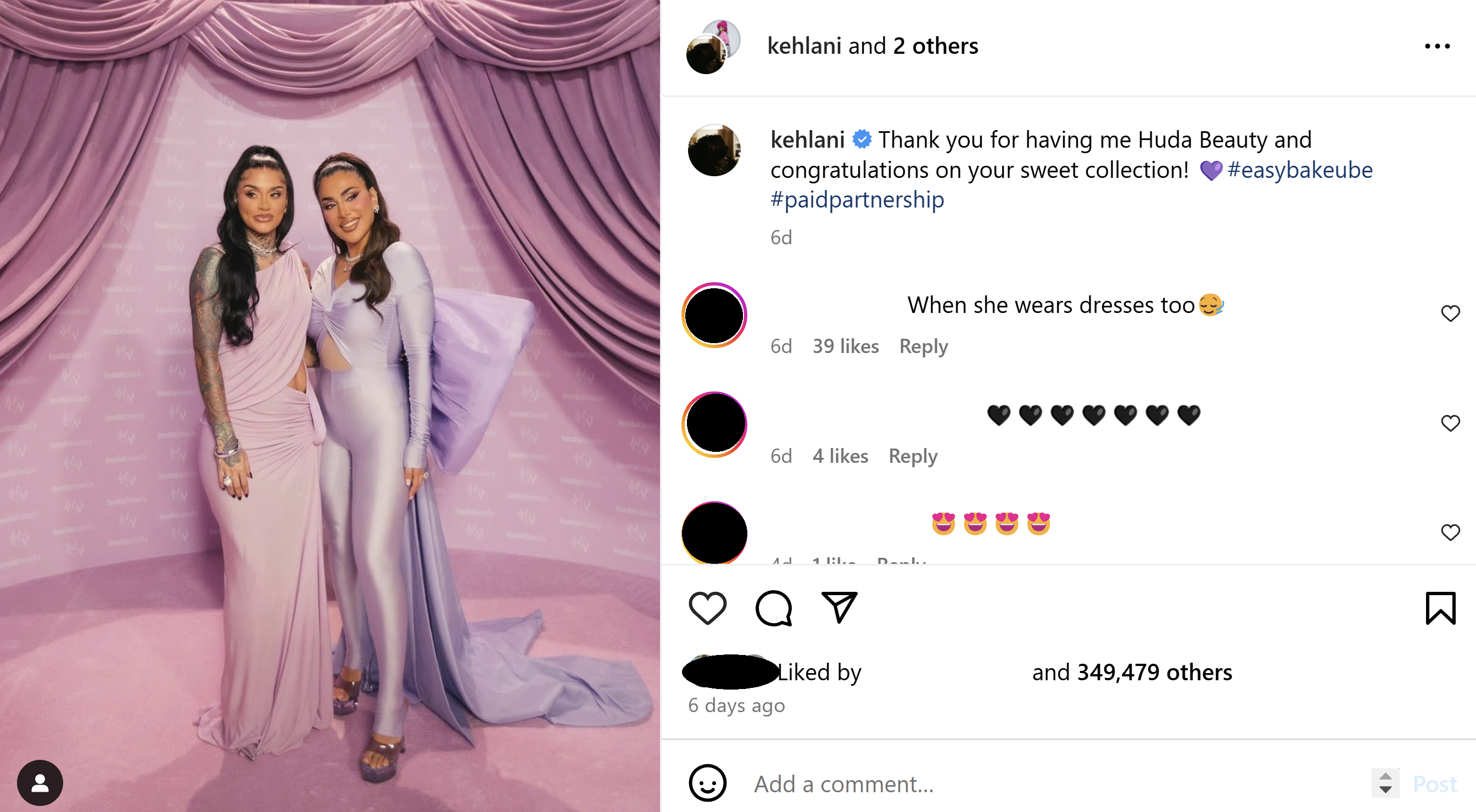“This whole entire generation is about to turn all of our business models on its head.”
I’m a consumer who falls somewhere between baby millennial and geriatric Gen Zer, and after hearing Hootsuite CEO Irina Novoselsky talk about my generation — she gets it.
I’m sure her being a millennial, thus closer to Gen Z than the average CEO, helps her keep in step with younger consumers, but I also think how intentional she is as a marketer sets her apart.
She’s even gone as far as to speak with 500 Gen Zers to understand their consumer and social media habits.
“What pushed me to do that is I came across the stat that over 65% of all business decision-makers are going to be Gen Zers or millennials starting next year,” Novoselsky says. “The fun fact is that 2024 was already the first year that there are more Gen Zers in the workplace than boomers.”
Here’s what Novoselsky discovered:
1. Gen Z is a generation of contradictions.
“They grew up with a phone in their pocket but don’t want it to talk, they don’t want it to be sold to, and they don’t want our push model today,” she explains.
And she’s right. My inbox is full, and I don’t like companies playing on my phone, so I’d rather find my next favorite lip liner-gloss-combo on my own terms before giving any brand my money.
Novoselsky says the current push model approach to marketing is a little too aggressive for Gen Z consumers. All those emails I get when I abandon a shopping cart or browse a few items? Yeah, I’m not reading all that.
And Novoselsky says this is pretty common among Gen Z.
She explains, “They complete 60% of their buying journey before ever actually engaging with the sales representative because they want to discover and evaluate their business on their own terms.”
Like when I was in the market for a new vinyl record player, I scoured the internet for TikToks, YouTube Shorts, Reddit forums, and blog posts detailing recommendations and features to look for before deciding to invest in the Fluance RT80.
.png?width=591&height=394&name=Copy%20of%20Linkedin%20-%201104x736%20-%20Quote%20Only%20-%20Dark%20(2).png)
2. Forget about speaking to the manager; Gen Z wants to hear from your CEO.
When Gen Z researches a new brand, they‘re not just interested in your latest flashy product. They want to know what your brand stands for, if it’s taking any important stances online, and whether its values align with theirs.
Most importantly, they want to know what your leadership is all about.
“The majority of them won’t do business with a company where the CEO isn’t posting,” Novoselsky says.
Yep, that‘s right. Your CEO can’t just be the person behind the current; they need to pull out their phone, open up TikTok or Reels, and start talking directly to Gen Z consumers.
For example, the founder and CEO of Huda Beauty, Huda Kattan, is in almost every Reel, TikTok, photo, or ad for the makeup company. She’s also appeared on podcasts and has collaborated with celebrities like Olivia Culpo and Kehlani.
She is as much a content creator as a business owner and CEO.
She’s also very vocal about diversity and inclusion in the beauty industry and speaks out about important causes, which is crucial because a recent study shows that 58% of Gen Z consumers lose trust in a brand if it doesn’t publicly address societal issues.
Kattan’s approach is working. The company has about $200 million in annual sales and is valued at $1.2 billion.
So, if you‘re looking to connect with Gen Z, tell your CEO it’s their time to shine.

3. Gen Z wants to hear from their peers, not your ads.
“And that peer review can come from social media platforms like Reddit, LinkedIn, or Instagram. Or, it comes just from their own network,” Novoselsky says.
Don‘t believe her? Well, here’s a statistic for you: A recent analysis found that Reddit shows up 97.5% of the time in Google Search product review queries.
Novoselsky says Gen Zers want to know what their friends or community members are using, how they‘re interacting with the product, and whether it’s worth investing in.
So, I strongly recommend building community around your brand. Host Reddit AMA (Ask Me Anything), live-streaming events, or create platforms specifically for your audience to connect, share ideas, and talk about your brand.
One of my favorite examples actually comes from a previous employer of mine, a Florida TV station called First Coast News. In order to boost ratings for its weather segment, the station started a Facebook group called First Coast Weather Watchers, where viewers could join and share photos and videos of local weather phenomena.
Members would give each other advice on how to prepare for upcoming hurricanes and tropical storms, and they’d have real-time conversations with meteorologists to gather information on weather impacting the region.
The community not only boosted ratings for the segment, it also established trust between viewers and the station. So, when a tropical storm was on the rise, I would often see viewers on social media recommend their peers to join the Facebook group and tune in to our channel.

4. Basically, Gen Z will continue to turn marketing on its head.
Novoselsky is excited about the future of marketing and the type of creativity Gen Z consumers and marketers will bring.
“Anytime that you’re being forced to do something innovative and think outside the box, it just challenges you to think differently,” she says. “This whole entire generation is about to turn all of our business models on its head.”
And part of thinking outside the box means finding new ways to show up organically to your target audience.
Novoselsky says marketers should ask themselves, “How do you create this environment where you can show up in this authentic, organic way and let this generation really do their own research and diligence instead of having this push model?”
“Gen Z really wants to be put in control,” she explains. “That starts by arming them with data in the places where they want to be reading it and creating that two-way dialogue.”
Fenty Beauty nails this approach.
Gen Zers flock to TikTok in droves and one of the app‘s most popular features is its filters. So, what did Fenty Beauty do? The brand created its own filter on the app that allows users to virtually “try on” different lipstick and liner combinations. Then, if users like what they see, they can purchase the products via TikTok Shop or look up the products on Fenty’s website.
The company met its target demographic where they’re at (TikTok) and made a fun filter that gave consumers the power to decide for themselves if they liked the product. Then, they made purchasing the product easy to do within the app.
Regardless of your target demographic, Novoselsky has a lot of wisdom that you can apply to your own marketing strategy. Consumers, how they shop, and how they interact with brands are changing, so you must be prepared to think outside the box and adapt.
For example, 84% of marketers say video has helped increase traffic to their website.
That‘s why I’ve branched beyond the usual scope of writing to start HubSpot’s Blog Video Program. In this program, writers create short-form video content to accompany blog posts and grant their content a second life on video-sharing platforms like Reels and YouTube Shorts.
So, take a page from Novoselsky‘s book and break out of the traditional marketing mold. It’s time to embrace Gen Z.
![]()





